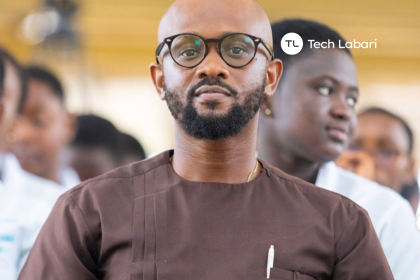Starlink, the satellite internet service launched by SpaceX, has been expanding its coverage across the globe, including in Africa.
The company plans to license its services in more African countries in 2024.
However, some African governments are concerned that Starlink could pose a threat to their sovereignty and stability, especially during election periods.
According to a report by the Center for Strategic and International Studies (CSIS), Starlink could offer a faster, and more reliable alternative to the existing internet infrastructure in Africa, which is often controlled by state-owned or politically aligned companies. This could enable greater access to information, communication, and online services for millions of Africans, especially in rural and remote areas.
Ability To Bypass Censorship
However, some African governments fear that Starlink could also undermine their ability to censor, monitor, and manipulate the internet, which they often use as a tool to suppress dissent, spread propaganda, and rig elections.
For instance, in Uganda, the government shut down the internet for five days during the presidential election in January 2021, allegedly to prevent foreign interference and maintain public order. In Ethiopia, the government has blocked access to social media platforms and news websites several times amid political unrest and armed conflict.
The CSIS report warns that Starlink could challenge the legitimacy and authority of these governments by providing an alternative and independent source of information and communication for their citizens.
According to some analysts, Starlink could enable opposition parties and civil society groups to bypass state-controlled media and internet censorship, and expose electoral fraud and human rights violations. This could undermine the legitimacy and authority of incumbent regimes, and spark social unrest and violence.
The impact of Starlink on African politics and society is not clear-cut and depends on various factors such as the regulatory environment, the level of competition, the political culture, and public demand. Starlink could be a disruptive or constructive force, depending on how it is used and regulated.
Catch up on news and other tidbits on our WhatsApp Community Page, Twitter/X, and subscribe to our weekly newsletter to ensure you don’t miss out on any news.










